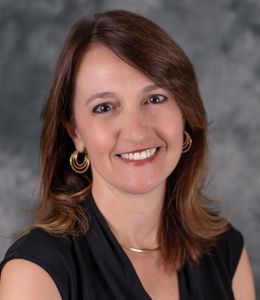Benefits of an MSW Degree
Enables You to Obtain Your Social Work License
Most state licensing boards require a master's degree in social work (MSW) from an accredited institution as the first step in obtaining a license. It is important that social workers choose an MSW program that is accredited by the Council on Social Work Education.
A social work license is used to verify the education and experience of social workers, and though it is not required in all circumstances, social workers without a license may have more difficulty finding employment.
Prepares You for Clinical Practice
All accredited MSW programs value and prioritize field education as part of their core curriculum. Fieldwork provides aspiring social workers on-the-job experience under the direct supervision of a licensed social worker. With field education as the signature pedagogy of a social work education, employers understand and value the experience that MSW degree holders have acquired, even immediately upon completing the degree.
Most states require social workers to also accumulate a certain amount of experience in the field after completing the MSW and before applying for a clinical license. After meeting the specified hours of supervised practice and passing clinical exams, the clinical social work license broadens career opportunities and also allows for independent practice in many cases.
Expands Social Work Career Opportunities
An MSW degree enables you to practice in many areas and settings and with many populations.
Common MSW jobs and career paths include:
Health care social worker: Includes in-patient hospital settings, out-patient clinics, family practice clinics, hospice, and home-care programs.
Mental health and substance abuse social worker: Includes community mental health agencies, in-patient psychiatric and substance abuse treatment settings, private independent mental health counseling, veterans' services, and grief counseling.
Marriage and family therapist: Includes family service agencies, in-patient and out-patient eating disorder settings, and child welfare settings.
Children and family social worker: Includes public and private school social workers, residential treatment centers for children with mental health disorders, foster care agencies, and adoption services.
Social and community service social workers: Includes homeless shelters, food banks, and outreach centers.
Policy writing and program evaluation: Includes public and private social service agencies and government programs.
For more information about the types of social work that you can pursue, see the National Association of Social Workers' website.
Increases Compensation and Career Advancement
A master's degree in social work is considered to be a terminal degree in the field, meaning that it is the highest degree you would need to:
- Develop and direct programs
- Apply for supervisor positions
- Provide therapy
According to the National Association of Social Workers, MSW salaries are $13,000+ higher than BSW salaries and MSWs earn more in research organizations, government agencies, and hospital inpatient facilities.




